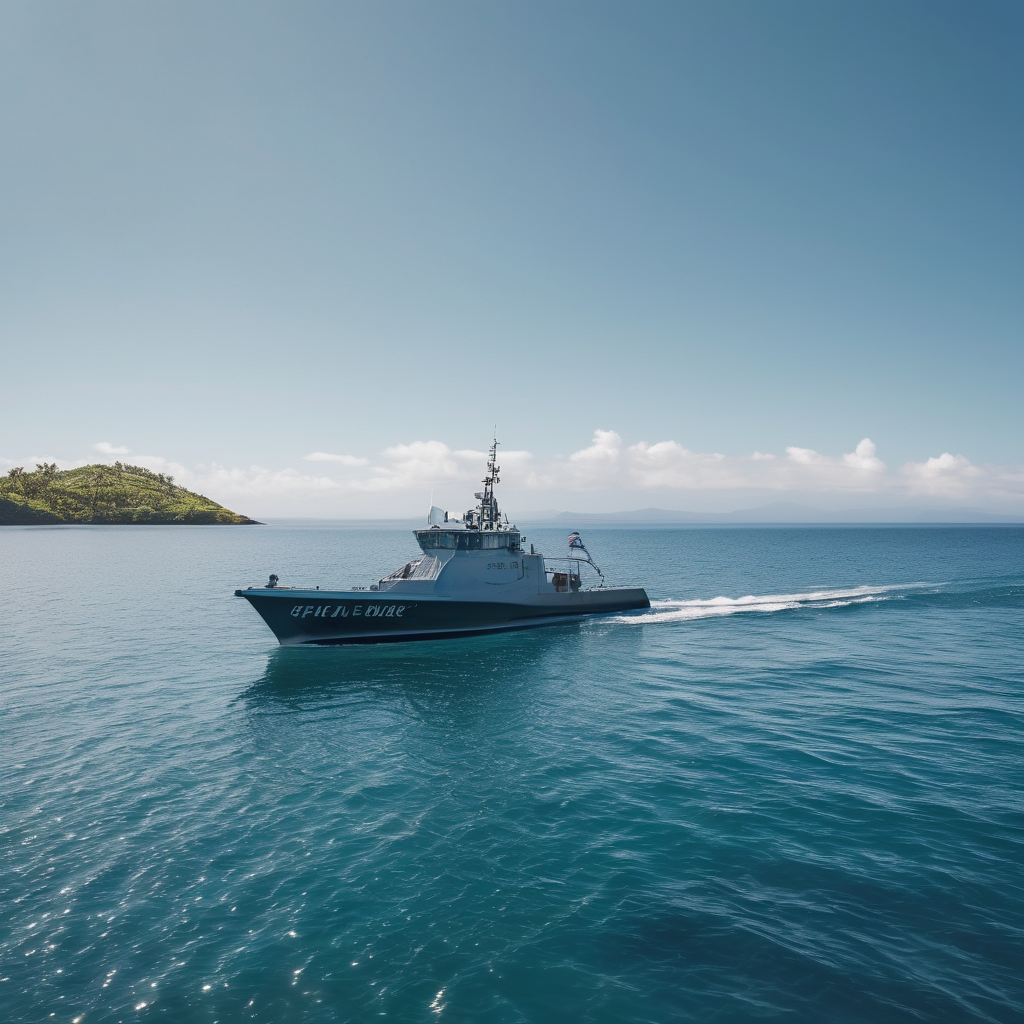Fiji Ports has called for the elimination of the high-sea vessel clearance requirement, raising safety concerns and criticizing the use of outdated practices. Harbour Master Laisiasa Gonewai addressed the Standing Committee on Justice, Law, and Human Rights, revealing that Fiji is the only country in the region mandating officers to board vessels at sea. This practice often takes place under hazardous conditions at pilot stations or quarantine anchorages, posing significant safety risks to both officers and crew members.
Gonewai pointed out that while all vessels must receive clearance before docking, the current at-sea boarding protocol frequently leads to delays and safety incidents. He mentioned that international best practices suggest vessels should only be boarded after they are safely secured alongside the wharf. Additionally, he questioned the necessity of high-sea boardings, particularly for ships arriving from malaria-affected ports, given contemporary maritime practices.
This initiative for modernization is part of a broader examination of maritime safety in Fiji, especially in the wake of recent incidents involving passenger vessels running aground and challenges in ferry regulation. The Maritime Safety Authority of Fiji (MSAF) is also advocating for significant legislative changes to bolster compliance. Proposed reforms include reinstating a 20-year age limit for operating vessels and increasing penalties for violations, aimed at improving overall safety within the industry.
The emphasis on updating clearance protocols signifies a growing commitment to enhance maritime safety and efficiency in Fiji. Streamlining the vessel processing at ports is expected to significantly improve safety measures, reduce turnaround times, and promote better coordination between port and quarantine teams. As these reform efforts unfold, there is a hopeful outlook that they will lead to a safer, more efficient, and environmentally responsible shipping industry in the region.
